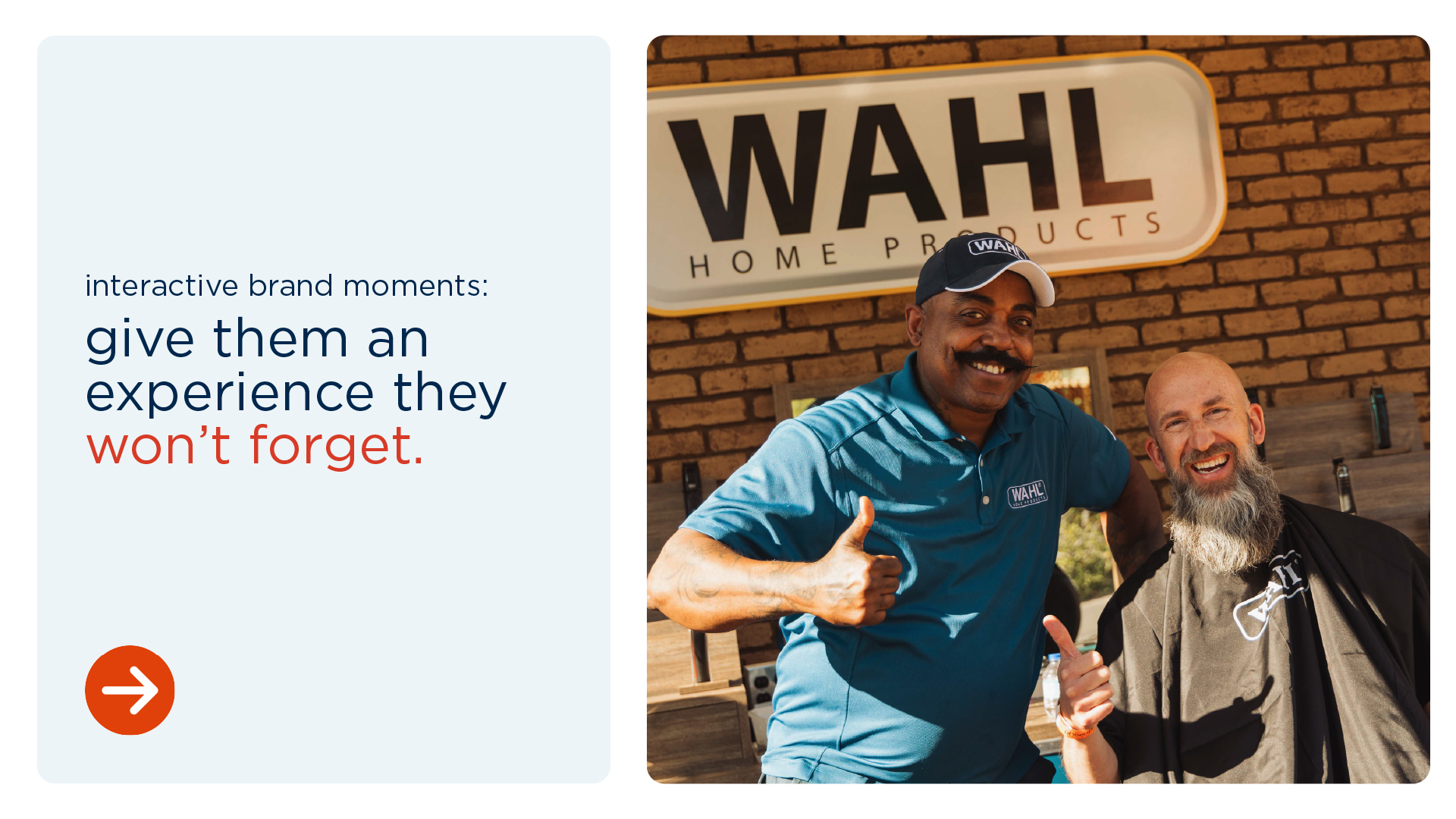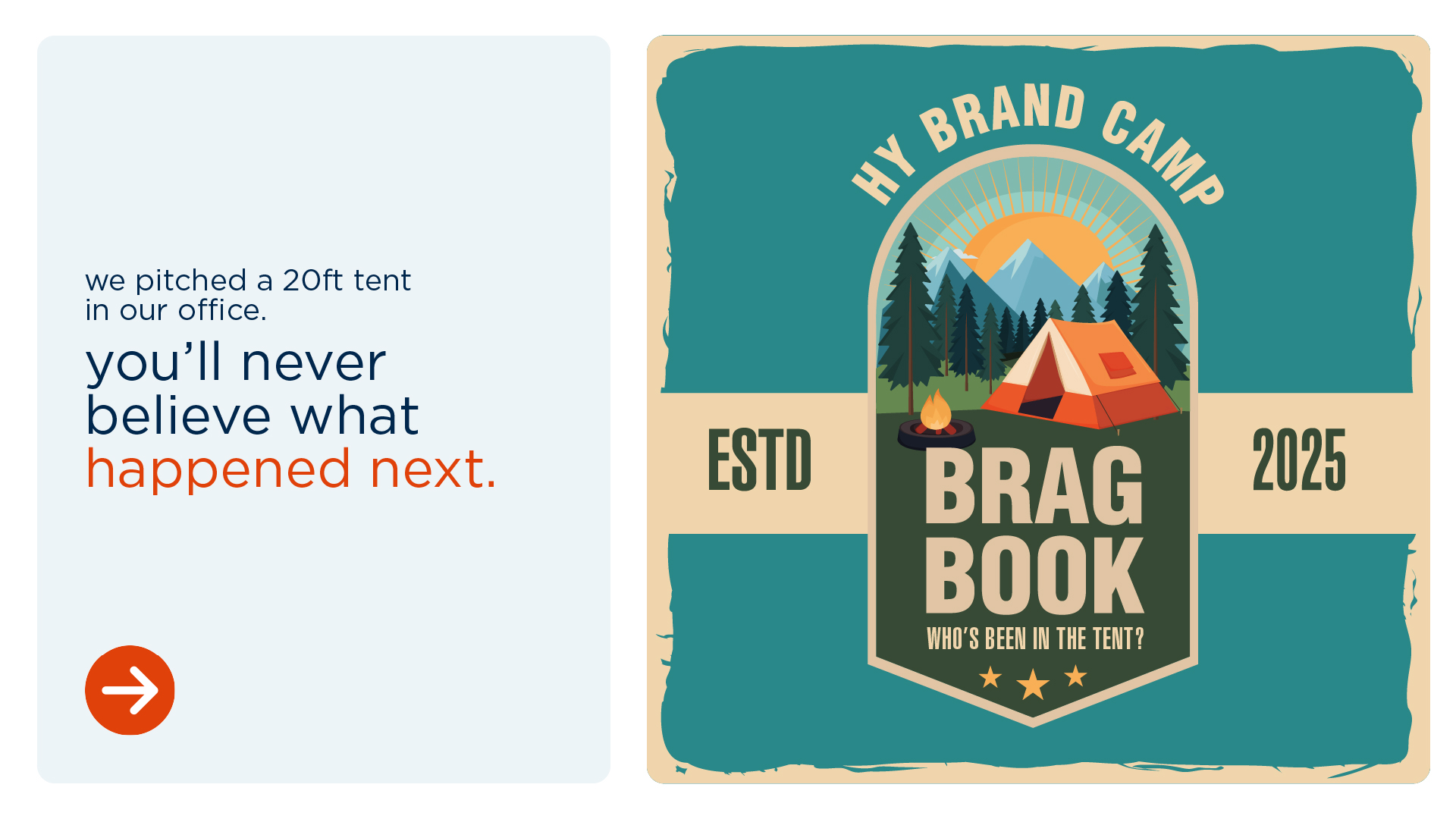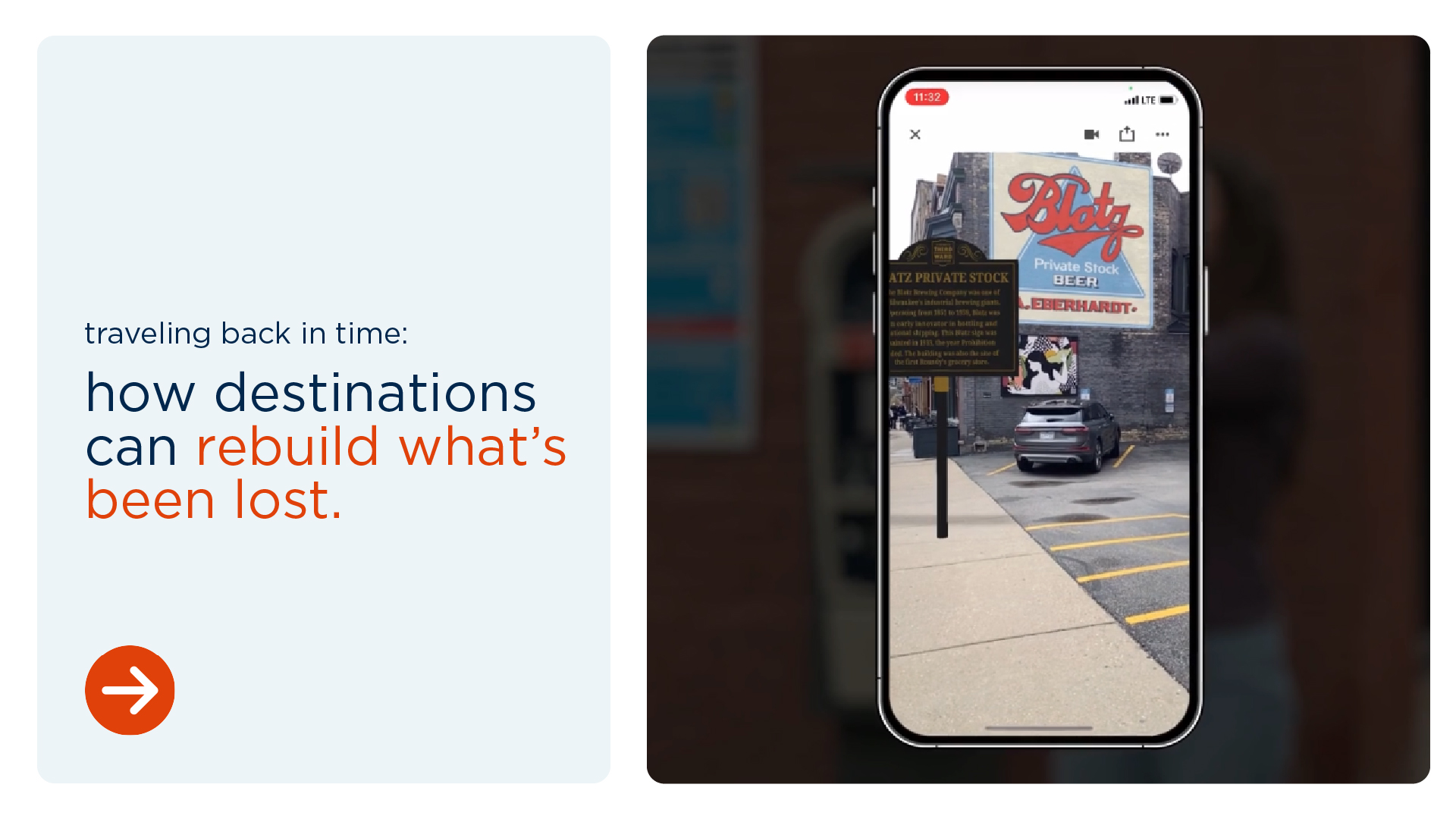For Gen Z, Business is Personal
May 21, 2024
Business is anything but usual today, especially for brands and retailers trying to appeal to Gen Z. These digital natives are not only savvy and have money to spend, but they have a new set of expectations. They’ve grown up in the era of the algorithm, so they expect everything they experience to be tailored to their lifestyle and interests. Everything, including how they shop.
If what you offer doesn’t immediately speak to them, you better believe they’ll leave your website and go somewhere drippier (that’s Gen Z speak for cool). But that takes first-party data, something Gen Z is willing to give you in exchange for personalized experiences and recommendations. So how do you know if your brand is living up to this generation’s expectations? Here are five reasons Gen Z will walk away from your brand.
1. They’ve never heard of you
Gen Z believes in the power of branding. They’re the most likely generation to buy a brand because they’ve heard of it before (68% vs. 56% non-Gen Z). And it’s not just about what they like. Many Gen Zers are also influenced by their friends, as Gen Z is the generation most likely to select a brand their friends like (28% vs. 19% non-Gen Z).
The solution here is simple. Sort of. Make sure you are properly targeting Gen Z with your advertising and communications. And that doesn’t mean simply rushing in with a promotion to buy. As any good marketer knows, proper branding takes time and commitment. Just know that what you say and how you say it matters because this generation values authenticity. This means having stated values you stand behind. Ensure what you say and do reflect those values and that it comes across as real and not marketing speak.
2. What you’re selling isn’t personalized enough
This is a generation that doesn’t just want, they expect the brands they buy to give them options that fit their personality and interests. In fact, 75% of Gen Zers will quit a brand if their experience isn’t personalized (source). Why is this so important? It’s the way they’ve lived since they were young. Well, younger. Their “For You” page on TikTok, their Spotify playlist, and personal recommendations for new shoes from Nike.com, everything they know from entertainment to how they live is based on brands that really get them.
If you’re just guessing, you’re missing. But we get it—with the crackdown on third-party cookies, it’s harder to get it right. That is, without solid first-party data. The brands doing it well know they need real interactions with these Gen Zers to personalize the experience and product recommendations. That’s where a good brand app, customized log-in on your website, mobile text and email subscribers and social shopping come in. The more you can learn about what these new customers want, the better you’ll be able to support them with options and experiences that fit the individual.
But to truly get personalization right, you need to connect the dots across platforms and build one unified database. When you do this right, it will have implications beyond digital. Older Gen Zers are the biggest subscribers of streaming services (source). By combining first-party data with subscriber data, brands can customize the TV ad experience to fit the individual like never before.
3. You’re not optimizing recommendations
One of the great things about Artificial Intelligence (AI) is that it’s making it a whole lot easier to adjust in real-time to what consumers want. And that’s exactly what Gen Z expects. They know that if they click on a product, bite on a promotion or add something to their cart, your brand will use this information to better serve them what they want. But real personalization should go beyond ad and product interactions.
Imagine you’re a dog-walking service interested in tapping into a growing Gen Z audience of dog owners. You could create a promotion that asks Gen Zers, who by the way, are the most likely generation to pay for dog walking, to share a photo of their dog for a chance to win something. You could then personalize your outreach to each individual by showing their breed of dog, along with a geo-targeted message from one of your professional dog walkers in their area.
4. Your website is too complicated
Gen Zers want things easy, really easy. It’s why they’re the most likely generation to pay for grocery delivery, clothing style services and travel planning. In addition, 73% of Gen Zers say a premium driver when buying things is that it’s easy/no assembly required. So, when it comes to your website, they want to be able to find what they need in an instant.
Got you rethinking your website? Since Gen Z also wants things personalized to their behavior and interests, consider adding a personal log-in to tailor the online experience to their needs. If that’s too complex, just strip away anything that is unnecessary and ensure the user experience is tested with Gen Zers to ensure you’re delivering what they want—and fast.
5. You don’t have a good loyalty program
Loyalty is often something brands consider after funds are allocated to awareness and sales efforts. But Gen Z is big on loyalty. They expect retailers and brands to give them something in return for not just buying but handing over their data. Most people today expect to get the standard 15% off their first purchase when they sign up for text alerts and emails. Once they do, though, it pays to use their interactions with the brand to give these customers something more personal or exclusive.
Every interaction and purchase means information your brand can use to offer something of value to a customer. Once again, Gen Z expects this. Loyalty rewards can come in many shapes and sizes, and not everything should be about sales. Sure, everyone loves a personalized offer, but if that’s your play, make it exclusive. And if you really want them to be brand loyal, think bigger. Like a cool interactive experience, exclusive access to an event or launch party or a playlist curated just for them.
We’re entering a new age in marketing and Gen Z is leading the charge. The idea of personalization is nothing new, but this generation is demanding more. The brands that understand the value of first-party data and how to wield it will be the ones that give these new consumers exactly what they want.
Not sure where to begin?
Hoffman York can help. We strategically build programs for clients that seamlessly integrate first-party data across platforms and then use this data to build a personalized approach to engaging customers. Interested in learning more about Gen Z, check out our report: Gen Z Unraveled: A marketer’s guide to understanding the misunderstood generation.




